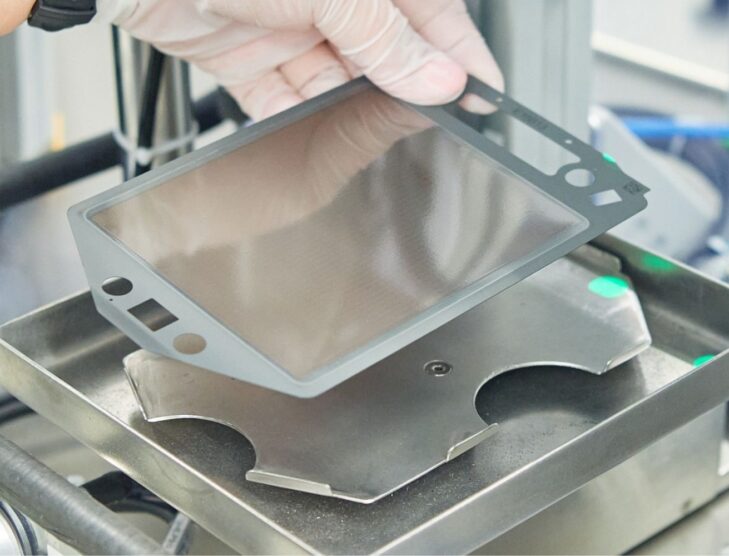
Bosch plans to start full-scale production of stationary fuel cell in 2024
Bosch announced that it plans to start full-scale production of distributed power stations based on solid oxide fuel-cell (SOFC) technology in 2024.
The supplier of technology and services also announced that it will intensify its alliance with Ceres Power to enable this.
Following a successful prototype construction phase, the two companies now want to press ahead, initially with the pre-commercialisation process for stationary fuel cells. For SOFC systems, Bosch is aiming for an annual production capacity of some 200 megawatts (MW). This is enough to supply around 400,000 people with electricity in their homes.
Bosch is planning to produce the stationary fuel-cell systems at its manufacturing sites in Bamberg, Wernau, and Homburg, as well as its development sites in Stuttgart-Feuerbach and Renningen – and will invest hundreds of millions of euros by 2024.
This means Bosch is positioning itself clearly as a systems supplier for stationary fuel cells with its own value creation in the cell and stack segment. One intended application of SOFC technology is in small, distributed, connectivity-enabled power stations, which can then be used in cities, factories, trade and commerce, data centers, and electric vehicle charging infrastructure.
Bosch estimates that the market for decentralized power generation will reach a volume of EUR20 billion (USD24 billion) by 2030.
More than 250 Bosch associates are now working in this promising new field – 150 more than a year ago.
“We see the highly efficient solid oxide fuel cell as an essential element of a sustainable energy supply. To bring it about, we are pooling Bosch expertise from across several divisions,” says Christian Fischer, the Bosch board of management member responsible for the Energy and Building Technology business sector. “With stationary fuel-cell systems, Bosch is establishing a new business field in which development, manufacturing, sales, and service come from a single source,” Fischer said.
“Together with our partner Ceres Power, we are now taking the next important step toward full-scale production.”
Bosch intensifies alliance with Ceres Power
Since August 2018, Bosch and Ceres Power have been successfully collaborating in the field of fuel cell and fuel-cell stack development. As early as fall 2019, Bosch was able to start prototype production of its first fuel-cell systems in Germany; in January 2020, it acquired a stake of around 18% in the U.K. company. The alliance has now been extended to include the phases leading up to full-scale production in 2024. The agreements specify how Bosch will further use its alliance partner Ceres Power’s technology.
“We are proud to have reached this milestone in collaboration with our important partner Bosch. Combining innovative Ceres technology with Bosch’s manufacturing expertise made it possible to create pioneering stationary fuel-cell systems that will help overcome the global challenges of the energy transition,” says Phil Caldwell, CEO of Ceres Power. “We’re looking forward to continuing our close collaboration with Bosch.”
SOFC systems are already hydrogen-compatible
Ceres Power is a leading player in the development of innovative solid oxide fuel cells and stacks. Bosch holds an extensive technology license from Ceres Power and has been manufacturing fuel cells and stacks in-house since 2019. Pilot plants based on solid oxide fuel cells are already being successfully tested at various Bosch locations. The SOFC systems can already be operated with eco-friendly biogas or natural gas – and are already hydrogen-compatible for the energy system of the future.
For cities and conurbations with high energy requirements, SOFC systems can ensure sustainable power supplies – with zero emissions of nitrogen oxides, particulates, and CO2. With an overall efficiency of more than 85%, the solid oxide fuel cell is clearly superior to any other energy converter. As Wilfried Kölscheid, who is responsible for stationary fuel cells at Bosch, explains: “Depending on energy supply requirements, in the future any number of plants with the same output can be interconnected. This interconnection creates virtual power plants that work together to supply power as and where it is required.”
echo '








